By Huang Gongxiu
18th Century
Translated by Heiner Fruehauf
National University of Natural Medicine, College of Classical Chinese Medicine
The following translation is extracted from chapters about the formula families, from the self-published volume A Clinical Handbook of Chinese Herbal Formulas (2nd Edition) by Heiner Fruehauf. The 1st Edition is no longer in print.
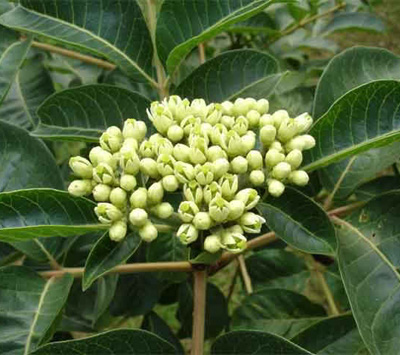
Evodia rutaecarpa
Li Dongyuan once said: “For a situation where turbid yin toxins do not descend and cause severe counterflow symptoms above, in severe cases accompanied by bloating and swelling, Wuzhuyu is the only substance that can effectively treat this condition.” Overuse of this herb, however, will cause harm to a person’s source qi.
Wuzhuyu should basically be used for all forms of acid reflux, vomiting and similar indications of counterflow (note that according to Liu Hejian and Zhu Danxi these symptoms are all caused by heat, while in Zhang Jingyue’s book they are interpreted as signs of cold pathology. The truth is that both heat and cold can be potential causes for reflux and vomiting, and disorders of this nature should always be carefully differentiated by observing the individual symptoms, the pulse and the condition of the organs. It is not advisable in this case to simply follow the habitual treatment method of just one lineage).
If counterflowing stomach acid has caused lesions or ulcerations in the esophagus or oral cavity, Wuzhuyu should be ground into powder and mixed with vinegar before applying it as a paste to the Kidney 1 points at the bottom of both feet. This method will cause the symptoms to disappear in a fortnight, because the counterflowing heat is thus drawn downward. At the same time this herb enters into the Spleen and Stomach networks, through which it can eliminate cold influences in the chest region. Also, Wuzhuyu can open up the connection between the surface and interior of the body in situations when the blood aspect of the spleen is obstructed by damp bi. In addition, the herb has the capacity of affecting the Kidney in cases where the Bladder is overly damp, resulting in swelling, pain and stagnation in the scrotum (shanqi), or chronic watery diarrhea, or pain caused by cold in the lower abdomen, or athletes foot accompanied by edema in the lower extremities and possibly mouth ulcers. Wuzhuyu, finally, can eliminate parasitic Gu poisons.
All of these conditions require treatment with pungent and drying materials to control them. Because of its pungent and dry quality, Wuzhuyu has a tendency to disperse qi and flare up fire symptoms, so that prolonged intake can potentially cause blurry vision and eruption of skin lesions (due to its warming effect on the liver channel and the liver blood). Those suffering from blood deficiency with accompanying fire symptoms should therefore avoid this herb.
As for processing instructions, it should be said that Wuzhuyu is best when it has been aged for several years prior to decoction. After harvest, it should be rinsed properly so that the intensely bitter quality of the herb becomes moderated. If application is primarily intended to stop nausea and vomiting, the herb material should be processed by frying it in Huanglian soup before decoction; for the treatment of radiating testicular pain or hernias, the herb should be fried in salt water before decoction; for diseases of the blood layer, it should be fried in vinegar before decoction.
Wuzhuyu’s medicinal effect is diminished by Danshen and Mangxiao.
From Huang Gongxiu, Bencao qiuzhen (Exploring the True Meaning of the Materia Medica), Qing Dynasty, 1769
© 2012 Heiner Fruehauf
More Resources
Explore our Single Herbs Series that features monographs of a variety of herbs, located in the Clinical Information pages of this website.

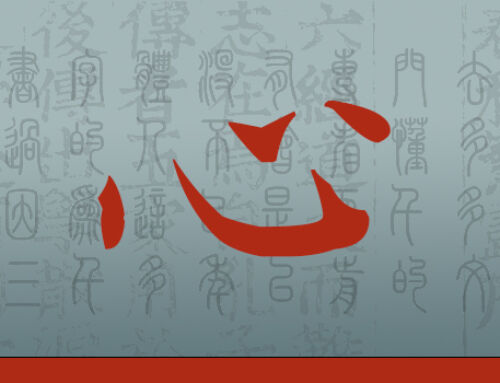
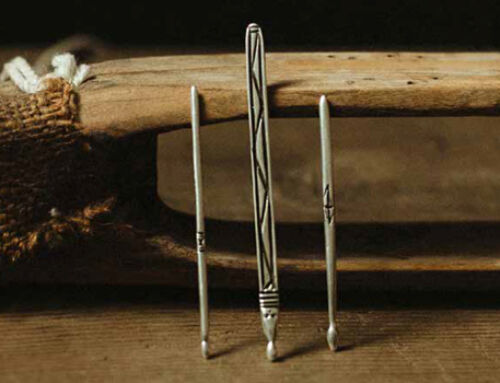
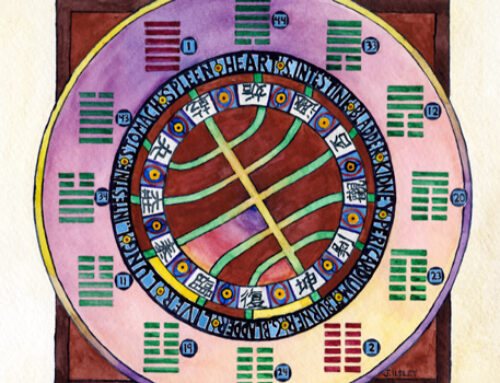
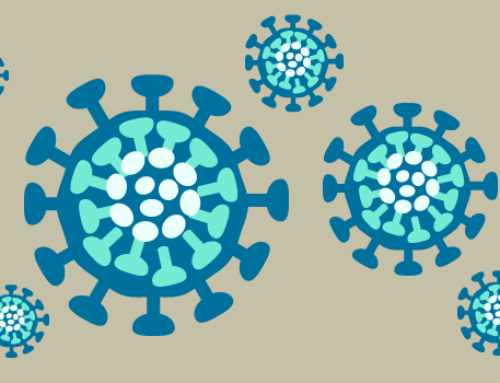
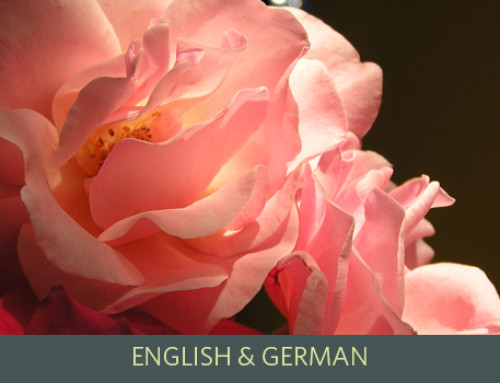
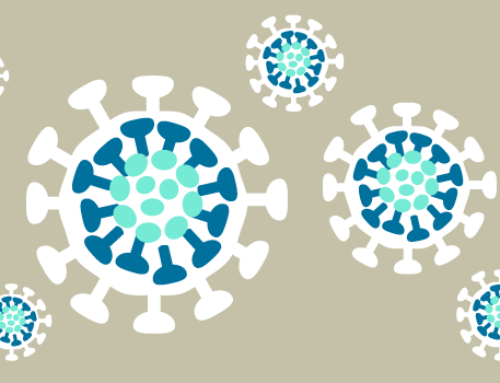
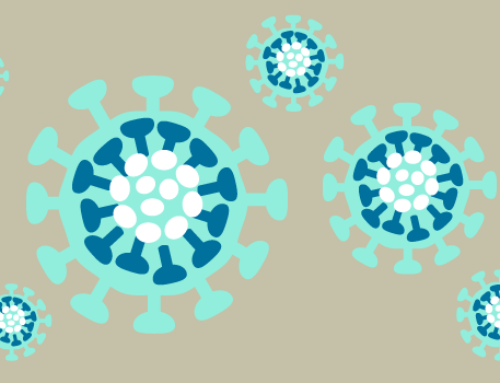
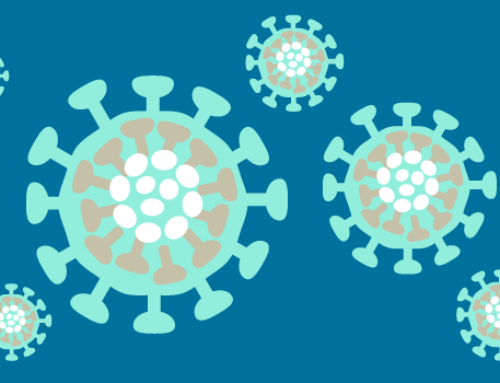
Leave A Comment
You must be logged in to post a comment.